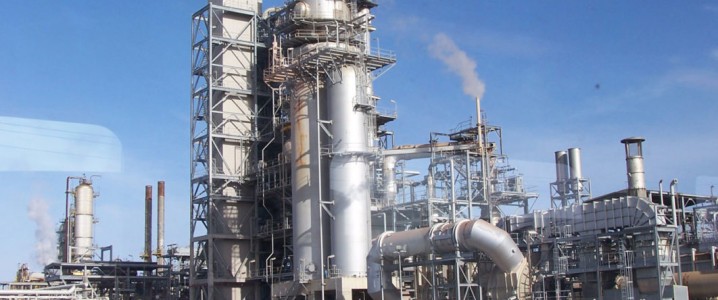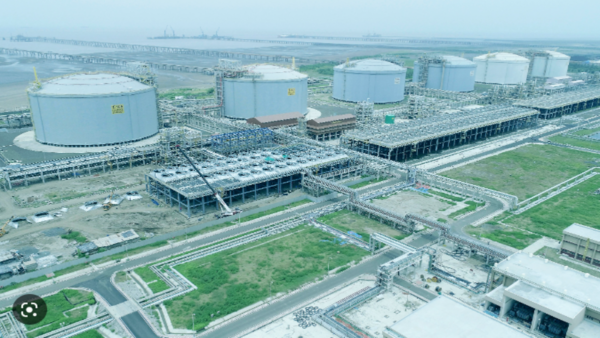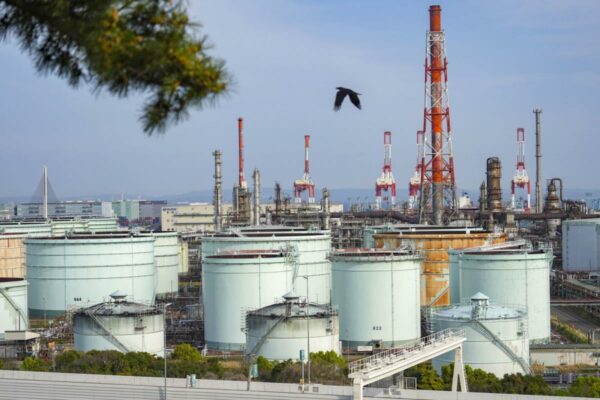Nigeria’s Dangote Refinery Reselling Imported Crude Oil

Nigeria’s largest refinery, the Dangote Petroleum Refinery, is reselling crude oil cargoes from both the United States and Nigeria. Reuters sources indicate that this move, unusual for refineries, stems from technical challenges at the plant.
The refinery, which began production in January 2024, aims to be the largest in Africa and Europe once fully operational. It’s designed to shift Nigeria from a fuel importer to a fuel exporter. However, recent events suggest the refinery is grappling with operational issues, specifically with its crude distillation unit (CDU). Despite these claims, a Dangote executive insists the CDU is functional.
The rare resales include Nigerian Escravos and Forcados grades and even U.S. WTI Midland crude.
Constructed at a cost of $20 billion by Africa’s wealthiest individual, Aliko Dangote, the 650,000-barrel-per-day facility represents a significant investment in Nigeria’s oil and gas sector. Dangote’s ambition is to eliminate Nigeria’s dependency on imported fuel, an ongoing issue despite the nation being Africa’s top oil producer.
This situation arises amid other significant moves by the Dangote Group, which plans to list its refinery and a fertilizer subsidiary on the Nigerian stock exchange by early 2025. This public listing strategy hopes to alleviate foreign exchange pressures on the Nigerian economy.
The refinery has been importing considerable volumes of U.S. crude, with more than 16 million barrels of West Texas Intermediate crude purchased in 2024 alone. This trend is expected to continue, with increased imports slated for the coming months.
While the plan is for the refinery to meet Nigeria’s entire demand for refined petroleum products and generate a surplus for export, the current technical issues pose a significant hurdle.
The Nigerian Upstream Petroleum Regulatory Commission reached an agreement with oil producers earlier this month to supply crude oil to domestic refineries at market prices, ending a lengthy supply dispute.
By Julianne Geiger for Oilprice.com
More Top Reads From Oilprice.com:
This article was originally published by a oilprice.com
Read it HERE







